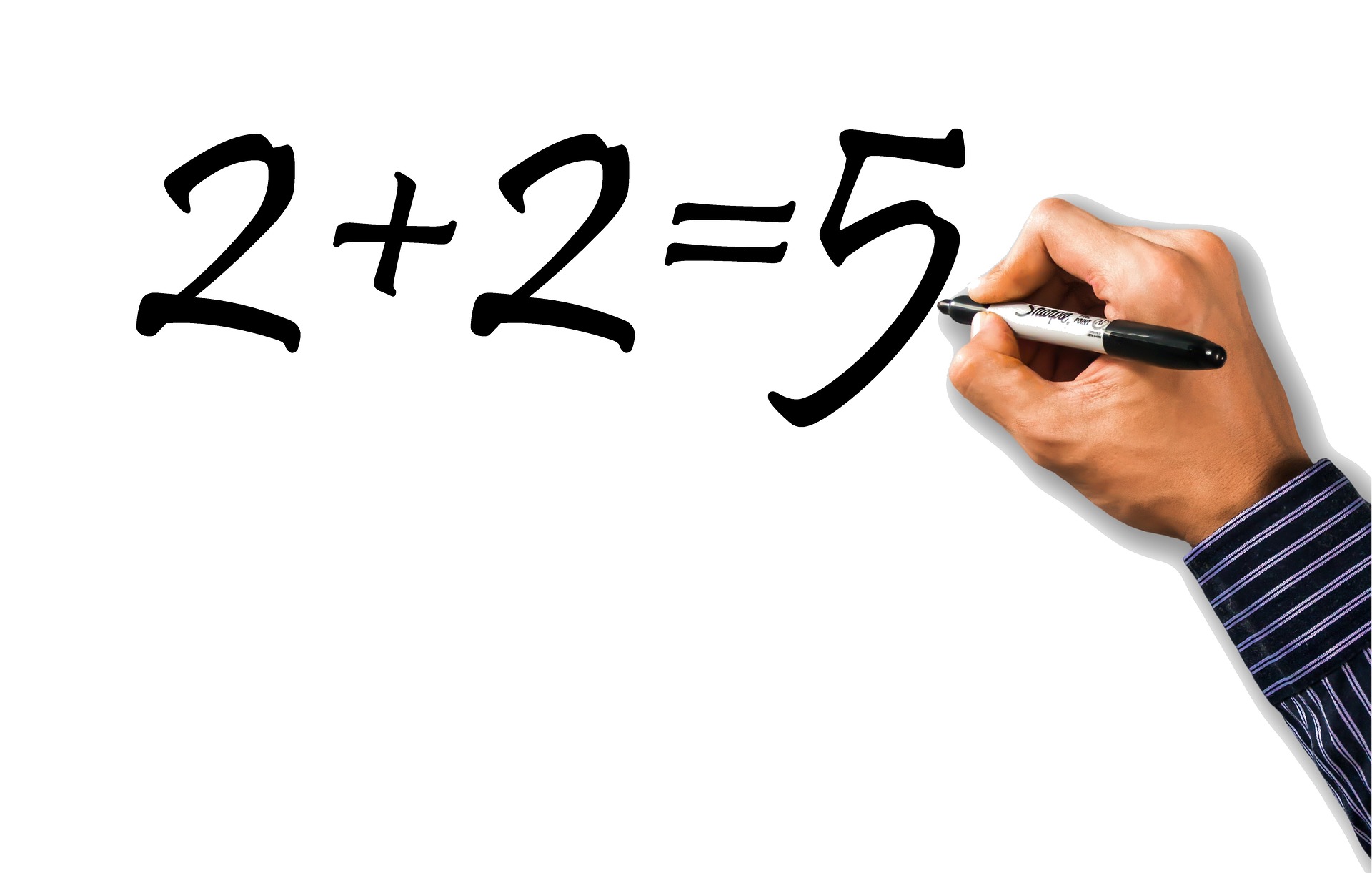Humans tend to believe that making errors will disrupt their attention, or “flow,” when studying. However, Wong & Lim (2021) prove that compared to other studying styles, deliberately making mistakes, can enhance knowledge retention and allow students to more effectively apply the knowledge in novel settings.
All participants were randomly assigned to four different groups, which determined their study method, and instructed to study a given text that corresponded to their groups. The methods included copy (writing down word for word), concept-map (drawing an organizer/web), concept-error (rewriting by deliberately writing wrong concepts, and then correcting them to the correct ones), and concept-synonym (paraphrasing). Then, for the recall test, participants wrote as much information as they could recall from what they had just read. Afterward, they performed an application test by using the text that they studied to analyze a news article. After completing the tasks, researchers assessed participants’ judgment of learning (JOL), a subjective measurement that participants rate how well they think they learned the material.
The experiments revealed that the concept-error group yielded higher performance on recall tasks and application tasks, compared to the other 3 study methods. When people make intentional errors, we direct our attention to the correct answer. As a result, our brain encodes the target response and thus strengthens our retrieval routes. Additionally, our brain processes this learning procedure as an episodically memorable event that catalyzes our learning.
In terms of JOL, students often believe that purposely making mistakes would not be helpful for their learning. However, the results supported the opposite. This discrepancy indicated that although students were generally doubtful of the impact of deliberate erring, its effects outweighed those of other study methods.
In classrooms, teachers can adopt these findings by encouraging students to embrace failure, rather than avoid it. Teachers can incorporate activities, where students can correct erroneous answers and concepts, rather than only giving them correct responses to memorize.
At EPIC, we are interested in understanding how previous experiences of failing affect students’ behaviors. Wong & Lim’s (2021) study can inform ways that participants from our studies define and conceptualize failure, as well as its impact on future learning experiences.
To read this paper in more depth, visit https://psycnet.apa.org/record/2022-17587-001
Reference:
Wong, S. S. H., & Lim, S. W. H. (2021). Deliberate errors promote meaningful learning. Journal of Educational Psychology. Advance online publication. https://doi.org/10.1037/edu0000720

